
Professional integrated housing one-stop solution provider
including prefabricated container house, modular building and steel structure etc.
Индивидуальный проект
Мобильный туалет
Разборный контейнерный дом
Сборный дом
Расширяемый контейнерный дом
Дом из морских контейнеров
Стальная конструкция здания
Контейнерный дом
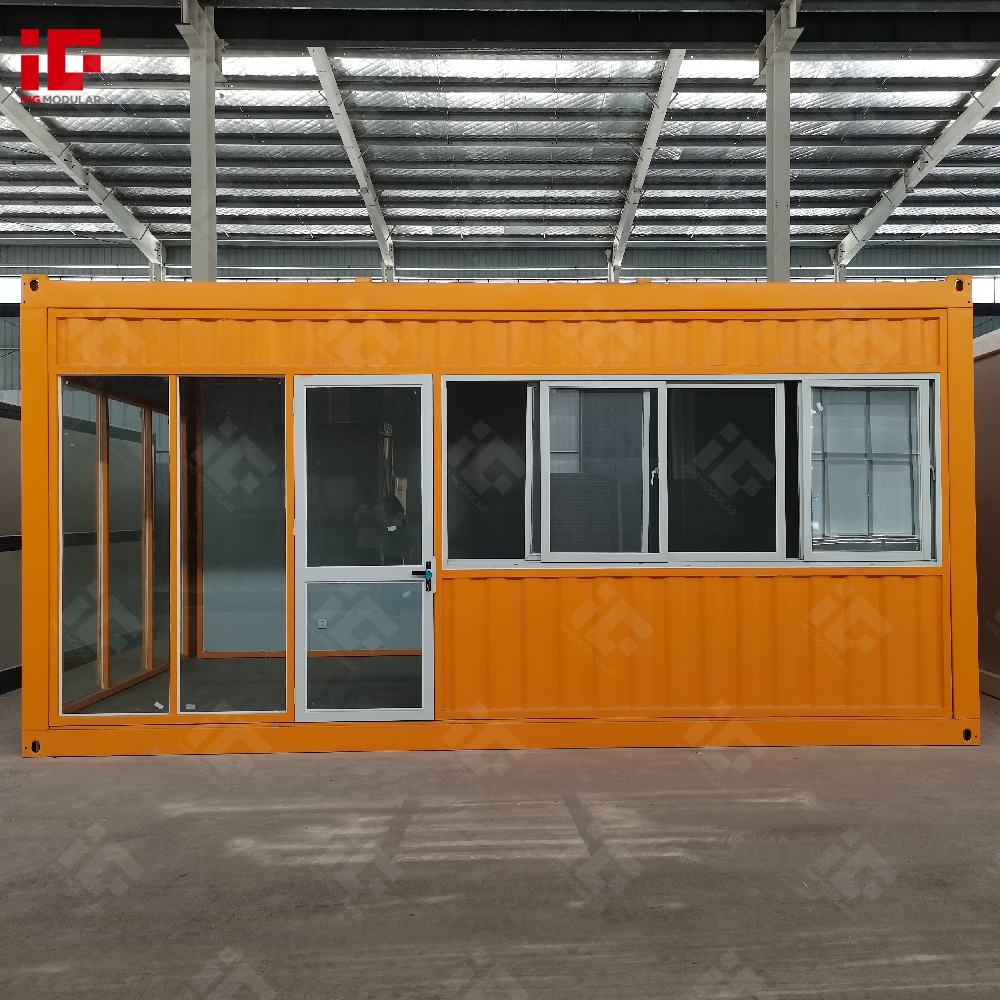
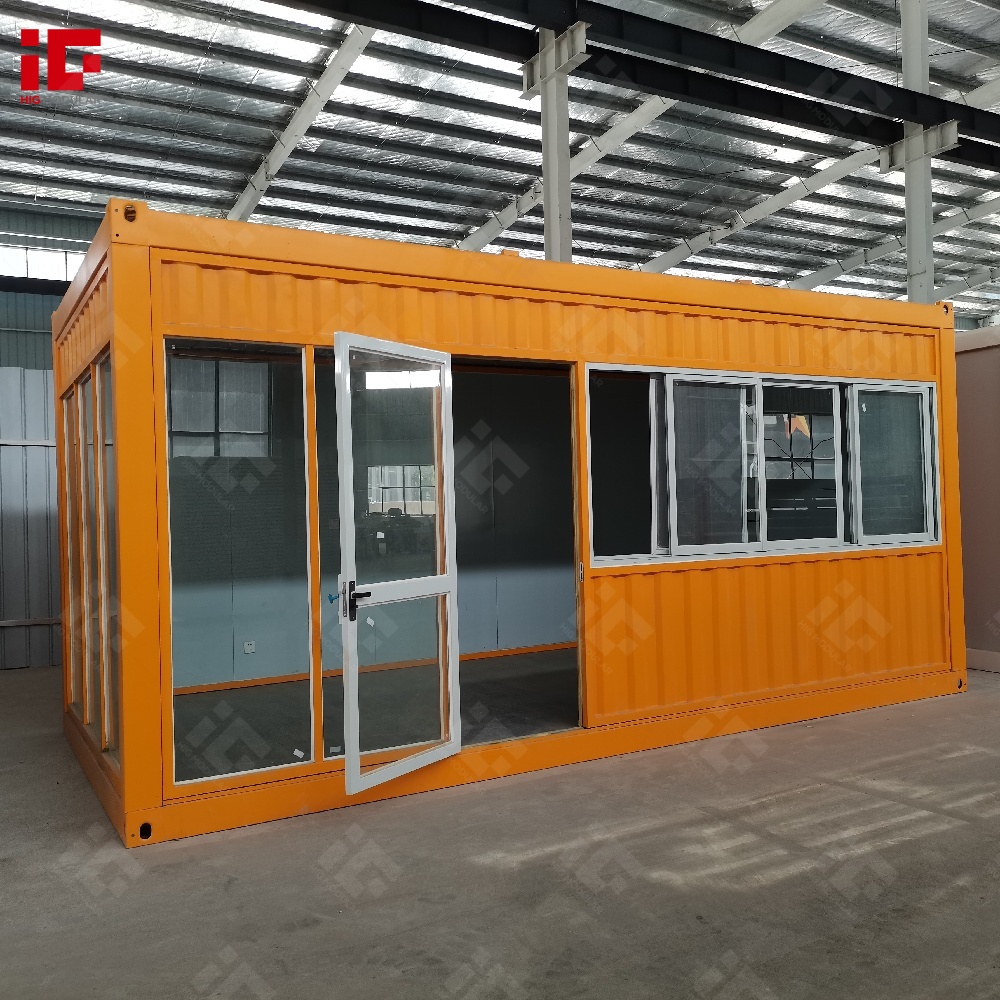
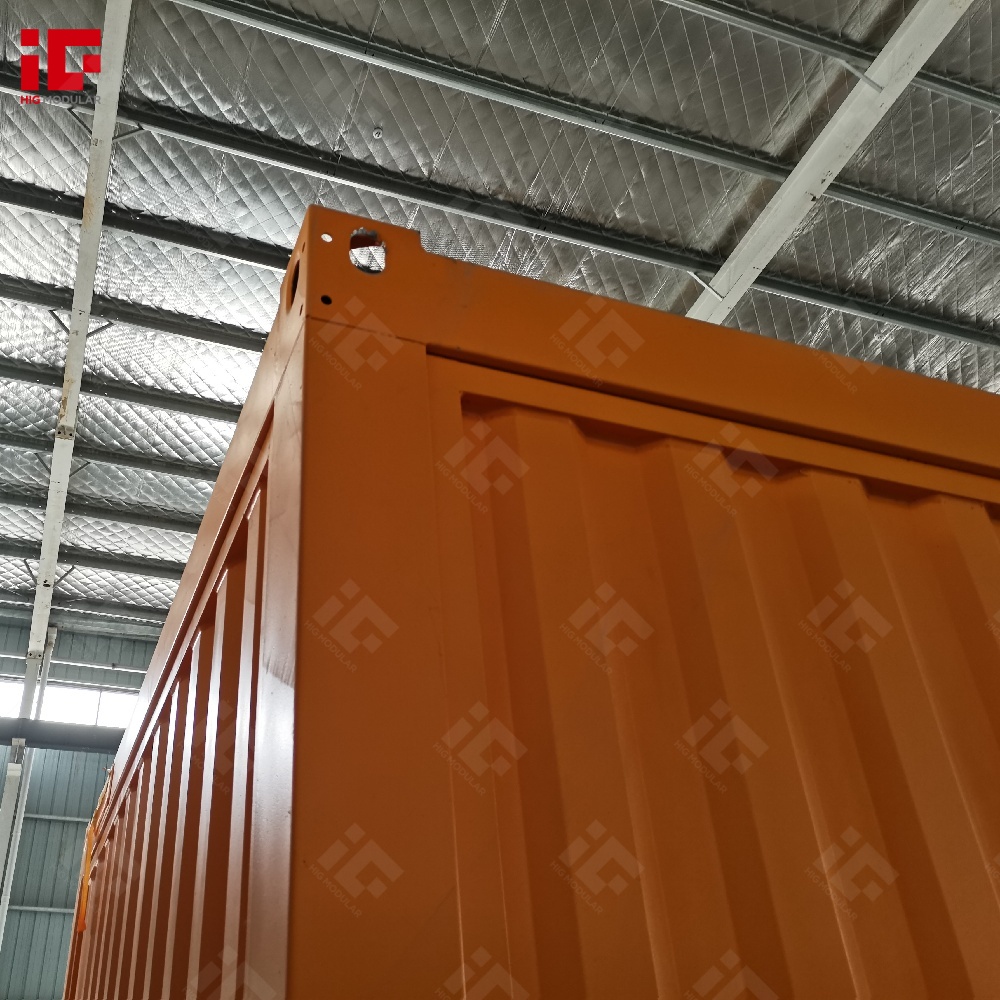
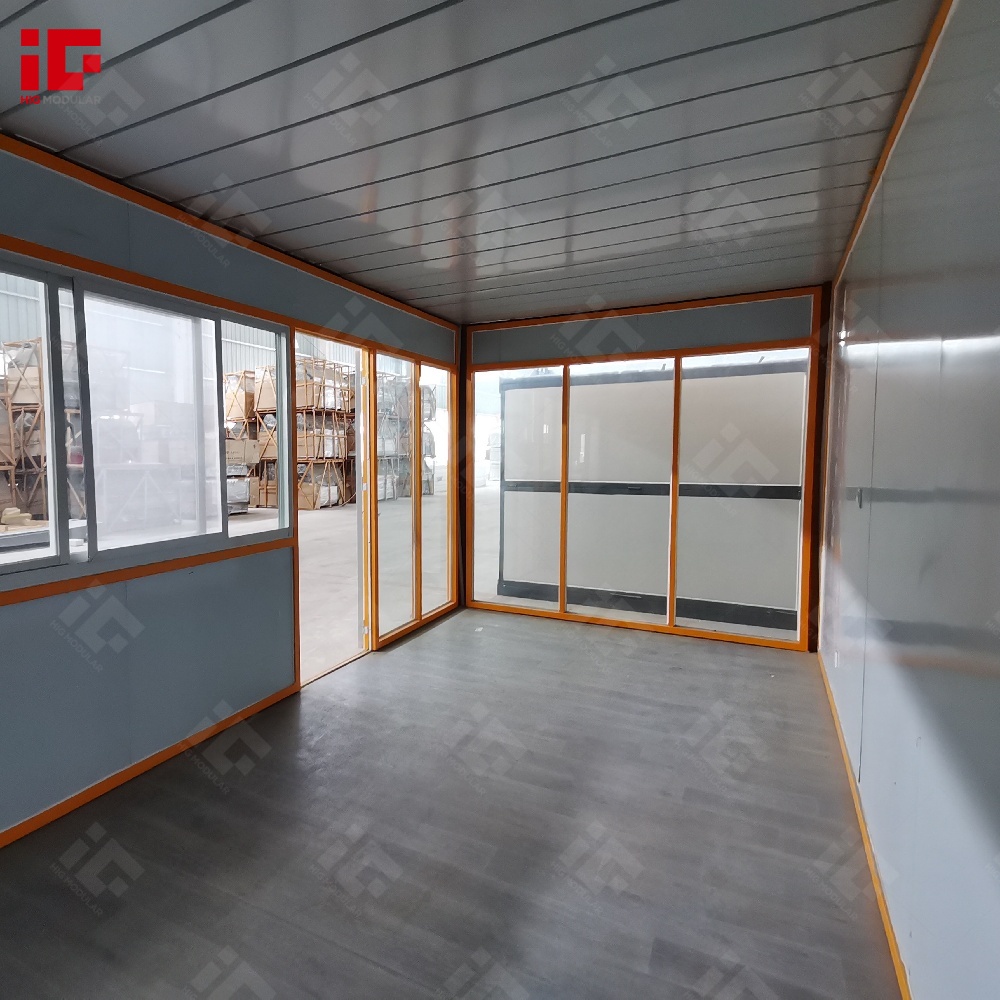
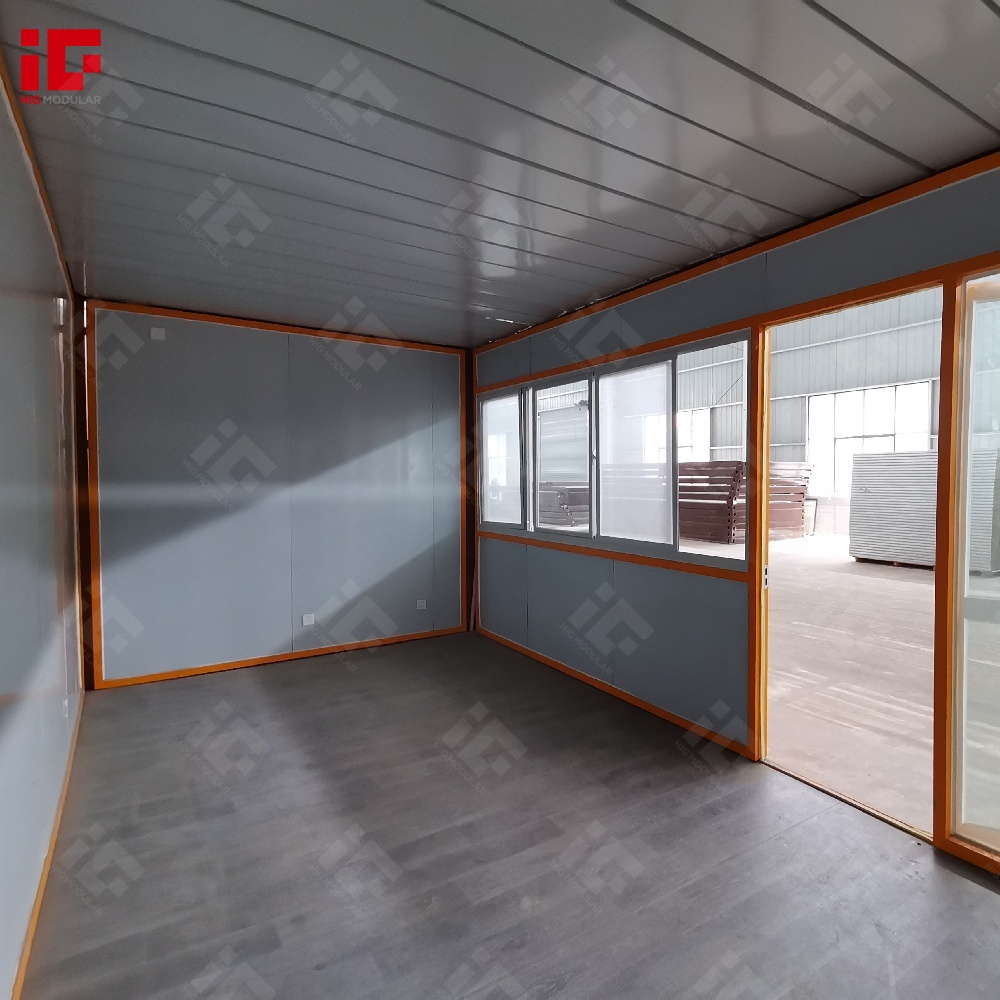
Сканирование в мессенджер :


